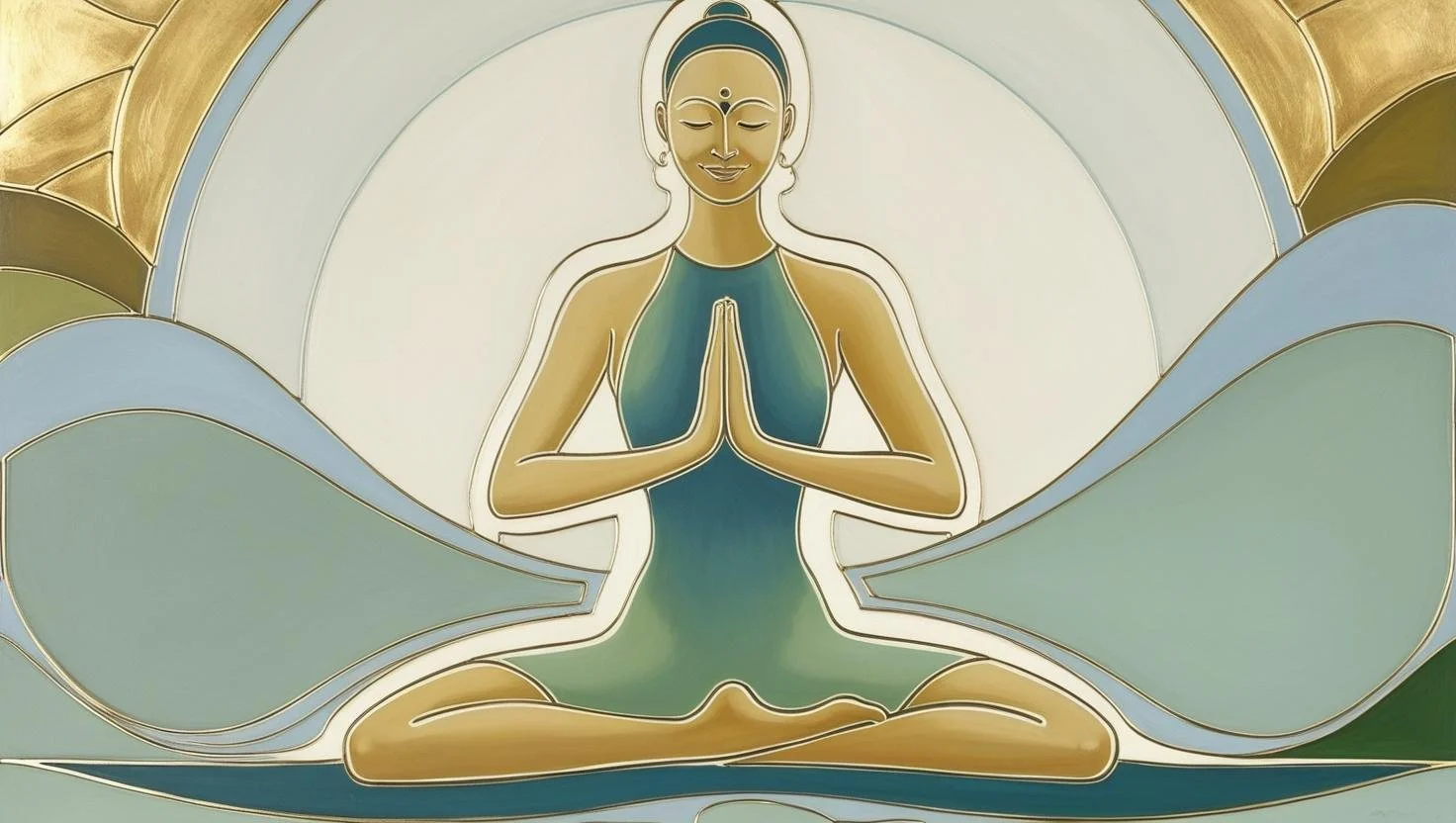The Ripple Effect of Inner Work
Change is often framed as an external process—a policy shift, a scientific breakthrough, or a collective movement. Yet some of the most profound transformations begin internally. Inner work—the cultivation of self-awareness, emotional resilience, and mindfulness—is not an isolated endeavor but a catalyst for wider societal impact. By strengthening the way individuals navigate challenges, communicate, and lead, inner work creates ripples that extend into families, workplaces, and communities.
When individuals commit to practices that enhance emotional regulation, presence, and self-care, they shape the world around them in subtle yet powerful ways. Emotional resilience fosters stronger relationships, mindfulness enhances decision-making, and self-care sustains long-term engagement in social and environmental efforts. Recognizing the interconnectedness of internal and external change allows us to harness personal growth as a force for collective transformation.
Emotional Resilience: The Catalyst for Mindful Living
At the core of inner work is emotional resilience—the ability to adapt to stress, uncertainty, and adversity while maintaining a sense of balance. Resilience is not about avoiding difficulty but about cultivating the capacity to respond rather than react.
Neuroscientific research demonstrates that mindfulness practices, such as meditation and breathwork, enhance emotional regulation by strengthening the prefrontal cortex, the brain region responsible for decision-making and impulse control (Davidson & McEwen, 2012). Simultaneously, these practices reduce hyperactivity in the amygdala, the brain’s fear-processing center, decreasing reactivity to stress.
When individuals build emotional resilience, they create a stabilizing presence in their relationships and environments. A leader who remains composed in challenging situations fosters trust within a team. A parent who models patience helps cultivate emotional intelligence in children. Emotional resilience does not just benefit the individual—it sets the tone for collective interactions, reducing conflict and enhancing collaboration.
Individual Mindfulness, Collective Impact
Mindfulness extends beyond personal well-being—it shapes the fabric of social interactions and institutional cultures. Studies indicate that mindfulness-based interventions improve workplace dynamics, reducing burnout and enhancing cooperation among colleagues (Good et al., 2016). A leader who approaches decision-making with presence and clarity influences the overall work environment, fostering a culture of thoughtful engagement.
Similarly, in educational settings, teachers who integrate mindfulness practices into their routines not only experience reduced stress but also create learning environments that promote focus, empathy, and emotional regulation in students (Meiklejohn et al., 2012). When mindfulness is practiced collectively, it strengthens the social fabric, leading to communities that are more cohesive and adaptable.
This ripple effect is particularly evident in conflict resolution. Mindfulness-based dialogue techniques have been used in peace-building initiatives worldwide, from restorative justice programs to reconciliation efforts in divided societies (Kabat-Zinn, 2003). By fostering self-awareness and emotional regulation, mindfulness enables individuals to engage in more constructive conversations, de-escalate tensions, and contribute to more resilient communities.
Self-Care and Collective Care
The link between self-care and collective well-being is both practical and essential. Sustainable engagement in work, activism, caregiving, and leadership requires energy, clarity, and emotional balance. Neglecting self-care can lead to exhaustion, reducing the ability to contribute effectively to collective efforts.
The concept of “compassion fatigue” is well-documented in healthcare and social work, where professionals who do not prioritize self-care experience burnout, ultimately diminishing the quality of care they provide (Figley, 2013). The same principle applies across all fields—when individuals sustain themselves through rest, reflection, and renewal, their ability to create positive change is amplified.
Self-care is not an indulgence; it is a strategic approach to long-term impact. It enables activists to persist in their advocacy, educators to maintain passion for their work, and leaders to make sound decisions. When normalized within institutions and communities, self-care practices contribute to cultures of well-being, reinforcing the sustainability of collective efforts.
Amplifying Change Through Inner Work
The power of inner work lies in its scalability. A single shift in awareness can lead to more intentional decision-making, which in turn influences relationships, organizations, and broader systems.
A habit of pausing before responding to frustration can create a workplace culture of patience and understanding.
A mindfulness practice can improve focus and clarity, leading to more effective leadership.
A commitment to self-care can model sustainable engagement, encouraging others to do the same.
When these small shifts occur across individuals, they accumulate into systemic change. Mindful leadership influences institutional culture, emotional resilience strengthens communities, and widespread self-awareness contributes to healthier societal interactions. Inner work is not separate from external change—it is a fundamental component of it.
An Invitation to Begin
The ripple effect of inner work begins with a single choice. Whether through daily reflection, mindfulness practice, or intentional self-care, each step taken to cultivate internal balance contributes to a more connected and resilient world.
Take a moment today to reflect: How can you align your inner growth with the impact you hope to create? The smallest shifts in awareness and intention can set in motion waves of transformation, shaping not only your life but the lives of those around you.
References
Davidson, R. J., & McEwen, B. S. (2012). Social influences on neuroplasticity: Stress and interventions to promote well-being. Nature Neuroscience, 15(5), 689-695.
Figley, C. R. (2013). Compassion fatigue: Coping with secondary traumatic stress disorder in those who treat the traumatized. Brunner/Mazel.
Good, D. J., Lyddy, C. J., Glomb, T. M., Bono, J. E., Brown, K. W., Duffy, M. K., & Lazar, S. W. (2016). Contemplating mindfulness at work: An integrative review. Journal of Management, 42(1), 114-142.
Kabat-Zinn, J. (2003). Mindfulness-based interventions in context: Past, present, and future. Clinical Psychology: Science and Practice, 10(2), 144-156.
Meiklejohn, J., Phillips, C., Freedman, M. L., Griffin, M. L., Biegel, G., Roach, A., & Saltzman, A. (2012). Integrating mindfulness training into K-12 education: Fostering the resilience of teachers and students. Mindfulness, 3(4), 291-307.

